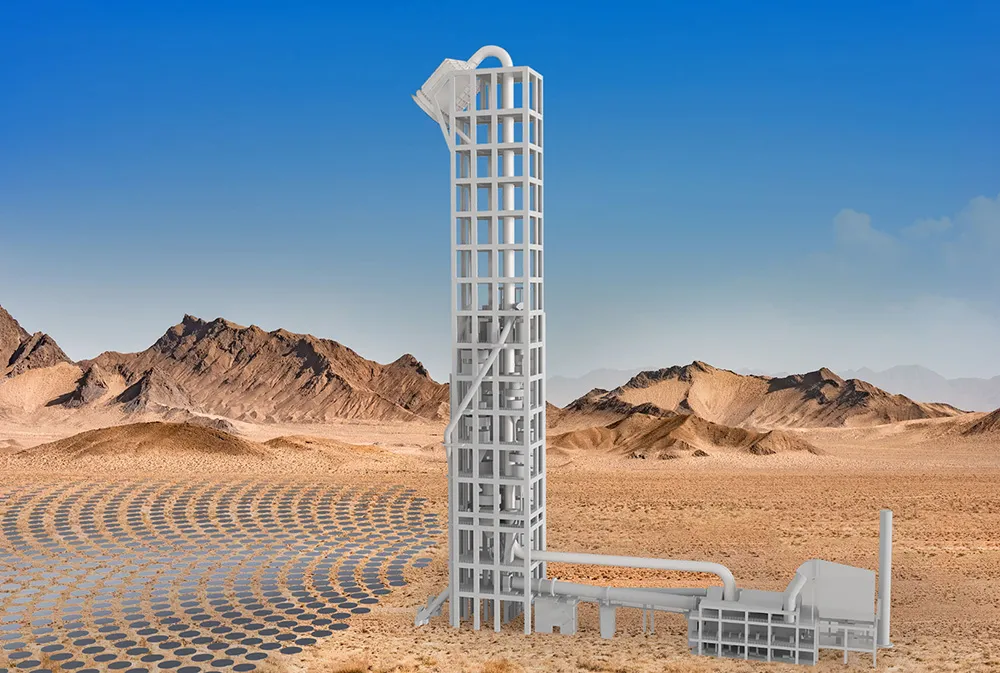Asphalt Burner Services (ABS), a nationwide provider of asphalt servicing and spare part products, has fitted a Vulcan Burner at Cemex Shap, in Cumbria, North West England. ABS says Cemex has noted that fuel usage has reduced, emissions have lowered and overall plant performance has increased substantially. Excess air control, combustion chamber optimisation and air pressure compensation are said by ABS to be key features of the Vulcan range.
June 14, 2012
Read time: 2 mins

ABS says
According to the Northern Ireland headquartered firm, the design concepts deliver energy savings of more than 20%. The high efficiency burner design is said by the company to be extremely compact and easily accessible for servicing.
Carbon Monoxide (CO) emissions at the dryer exhaust duct have averaged across three test points at unprecedented low levels of 45ppm, with the burner set at 30% output. Target levels normally experienced on good asphalt plant burners are said by ABS to be between 200 and 400ppm. The Vulcan burner is said to be successfully burning 100% on Nexgen 3 fuel oil; which has been fitted on a four year-old Marini 200-280tph asphalt plant at Cemex Shap, Cumbria. Initial tests indicate the fuel costs have been significantly reduced from 9litres per tonne to just over 6.5 to 7litres per tonne, with an additional saving in carbon tax said to be due to the overall performance of the new burner.








